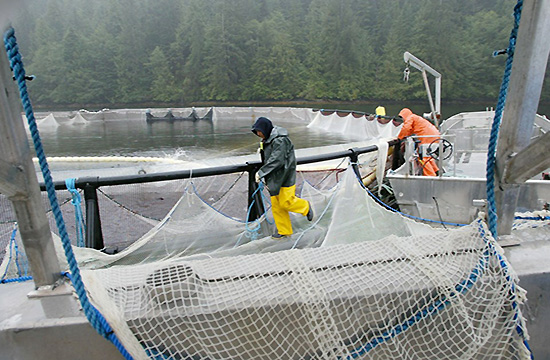
Sustainable resource management is critical to integrated aquaculture and organic farming. Aquaculturists promote efficient resource utilization and minimize environmental impact by reusing fish waste as fertilizer for aquatic plants.
This approach aligns with the principles of circular economy, fostering a closed-loop system that reduces waste and enhances the sustainability of aquaculture and agriculture.
The use of organic nutrients for aquatic plants in integrated aquaculture systems represents a significant advancement in eco-friendly practices. By avoiding synthetic additives and embracing organic fertilizers derived from fish waste, aquaculturists contribute to the health of aquatic ecosystems while promoting sustainable agriculture.
This approach minimizes pollution and supports the direct interaction between aquaculture and organic agriculture.
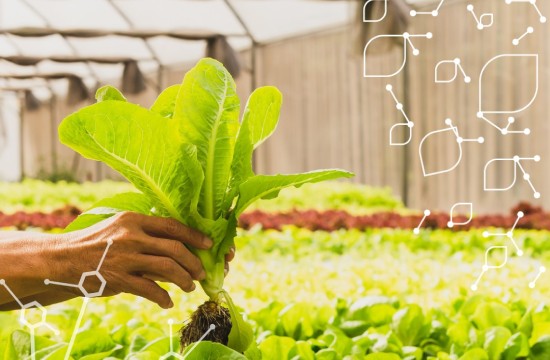
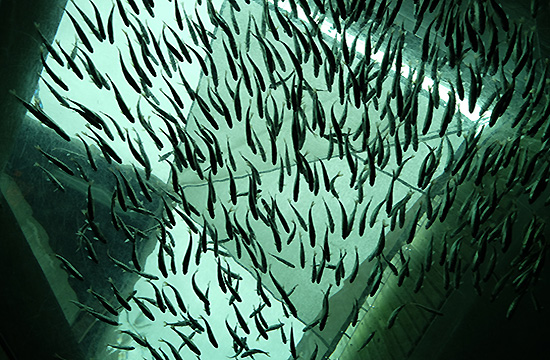
Integrated aquaculture is crucial in mitigating water pollution by implementing sustainable waste management practices. This approach minimizes nutrient imbalances and reduces the risk of eutrophication by repurposing fish waste as organic fertilizer for aquatic plants.
Through responsible resource management, aquaculturists preserve water quality and the overall health of marine environments.
The adoption of circular economy principles in aquaculture and agriculture underscores a holistic approach to resource management. This circular system minimizes environmental impact and fosters sustainable practices by repurposing fish waste as organic fertilizer and promoting direct interaction with organic agriculture.
This integrated approach aligns to achieve ecological balance and resilience in food production systems.
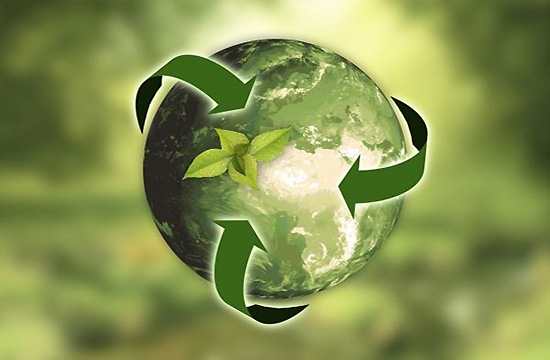
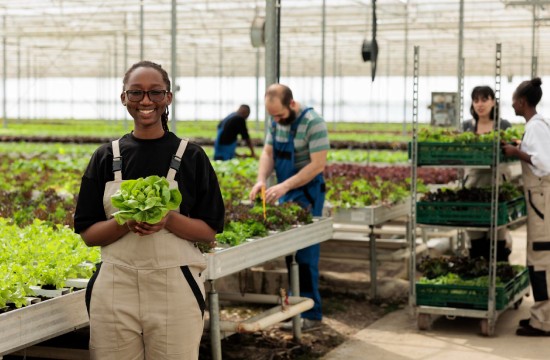
Direct interaction between aquaculture and organic agriculture significantly promotes sustainable practices. By integrating organic aquaculture with agricultural systems, aquaculturists contribute to developing resilient food systems and reducing environmental degradation.
This interaction fosters knowledge exchange and collaboration, advancing eco-friendly and sustainable farming practices.

